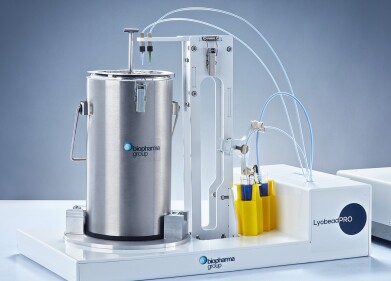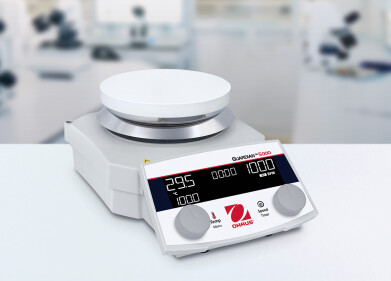-
 Thousands of people in the UK suffer heart attacks each year
Thousands of people in the UK suffer heart attacks each year
Laboratory Products
Scan could 'identify future heart attack'
Nov 11 2013
People that are at a high risk of suffering a heart attack could be identified earlier thanks to a new scan. Early tests of the new method have suggested that high risk patients could be identified, which could save lives. Researchers at the University of Edinburgh have worked on the scan that could help treat patients before they experience a heart attack.
Heart attacks are caused by the build-up of plaques in the arteries. These can then rupture, which can result in a blood clot, which then restricts the amount of blood that reaches the heart. Over 100,000 people in the UK suffer a heart attack every year and the leading cause of death throughout the world is diseased arteries around the heart. The new scan is able to identify the build-up of plaques, which may be able to be treated before a heart attack occurs.
A radioactive tracer is used on the patient before the scan; this tracer is able to locate the plaques that can cause heart attacks. Once the tracer has been administered, a scan produces high resolution images, which show the blood vessels and the heart of the patient. Any areas that are affected by the dangerous plaques show up in the imaging. This is not the first time this technology has been used as it is also utilised to locate tumours in cancer patients.
Testing was performed on 40 patients that had recently suffered heart attacks. The scan identified the plaque that had caused the heart attacks in 37 of the patients, according to the study that was published in the medical journal 'Lancet'. More testing is to be performed to assess whether the plaques could be identified in patients before they suffer a heart attack, which could save thousands of lives every year.
Doctor Marc Dweck, cardiologist, said to the BBC: "I suspect not all plaques detected will cause a heart attack, but it could be useful for identifying high risk patients who need aggressive therapy."
Identifying high risk patients would allow more intensive treatment to be prescribed, which could help to reduce the damage that the plaques cause and lessen the risk of heart attack.
Digital Edition
International Labmate 49.6 - Sept 2024
September 2024
Chromatography Articles - HPLC gradient validation using non-invasive flowmeters Mass Spectrometry & Spectroscopy Articles - From R&D to QC, making NMR accessible for everyone: Putting NMR...
View all digital editions
Events
Oct 06 2024 Liverpool, UK
Oct 08 2024 Gothenburg, Sweden
Oct 09 2024 Birmingham, UK
Oct 09 2024 NEC, Birmingham, UK
Oct 15 2024 Milan, Italy

















